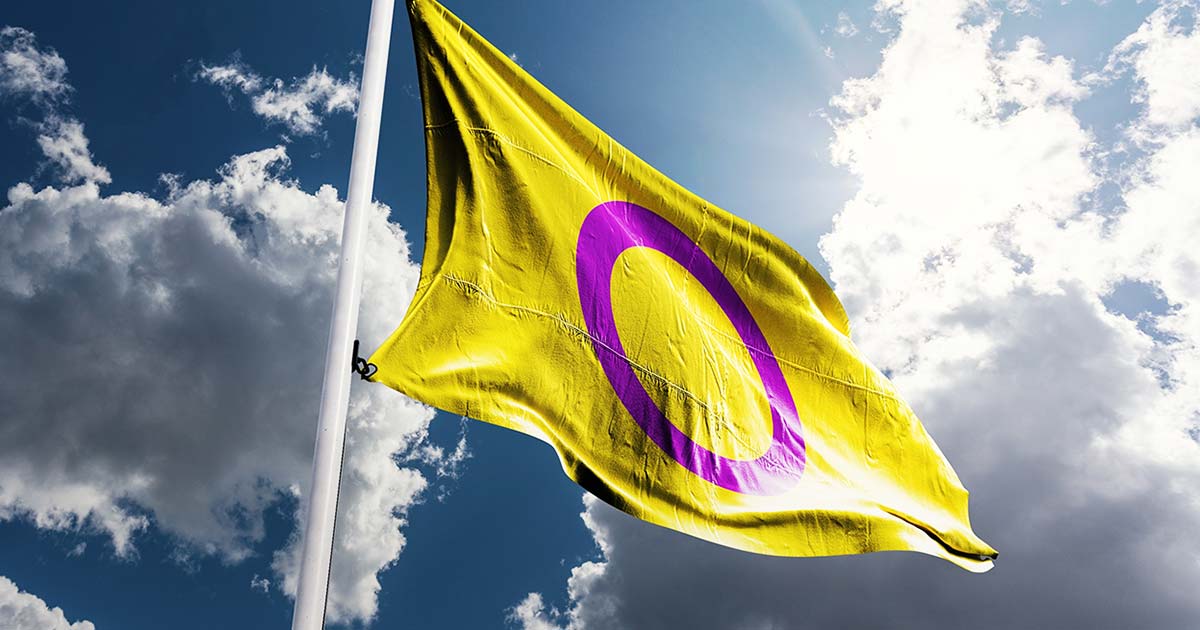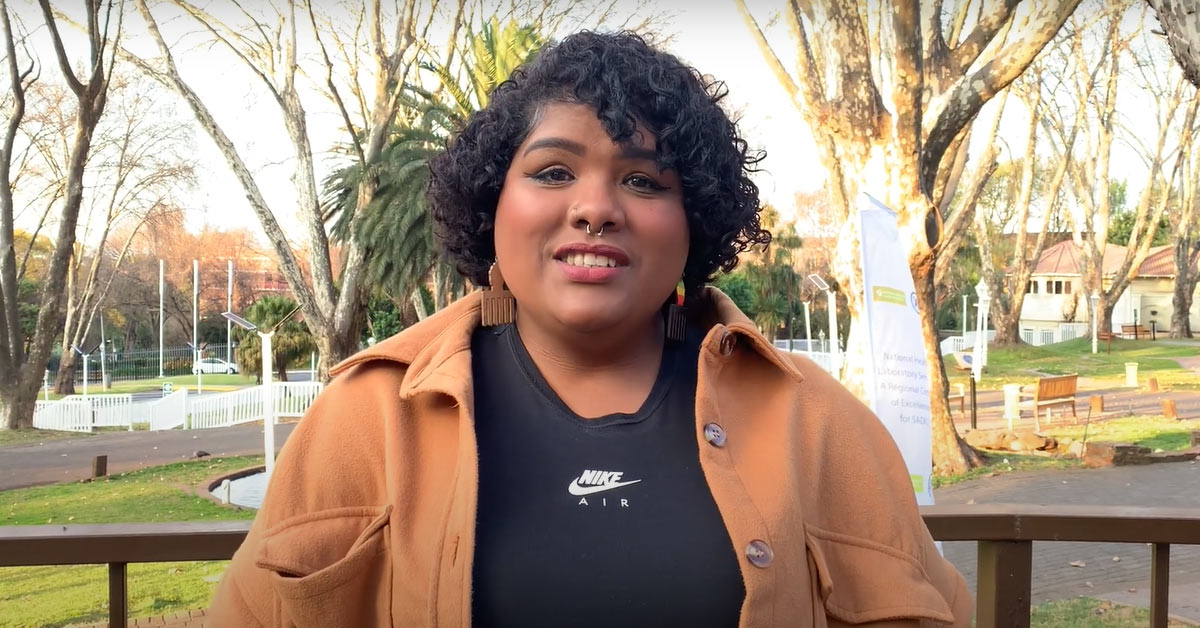Exposing the state of intersex rights on a global scale

International LGBTIQ+ advocacy group ILGA World has unveiled its first comprehensive assessment of intersex rights across 193 UN member states.
While the Intersex Legal Mapping Report highlights a concerning lack of legal safeguards in most countries, it also identifies positive trends and developments.
Intersex people are born with variations of sex characteristics (such as genitals, reproductive organs, hormonal and chromosomal patterns) that are more diverse than stereotypical definitions of male or female bodies.
It’s believed that up to 1.7% of the global population is born with such traits; yet, because their bodies are seen as different, intersex children and adults are often stigmatised, discriminated against and subjected to harmful practices – including in medical settings.
Intersex Rights: A Long Road Ahead
According to ILGA World’s report, the majority of UN member states have yet to implement adequate legal measures protecting the bodily integrity and autonomy of intersex individuals.
Crystal Hendricks, Chair of ILGA World’s Intersex Committee, emphasised the significant gaps, noting that only six countries have enacted laws prohibiting unnecessary medical interventions on intersex minors without their informed consent; known as intersex genital mutilation.
“This striking dearth of legal protection is still a reality despite the unanimous, systematic, and urgent calls of intersex civil society and international human rights bodies. And yet, current positive trends give us reasons for hope,” Hendricks said.

Crystal Hendricks is Chair of ILGA World’s Intersex Committee (Photo: Iranti)
Hope Amid Challenges: Positive Trends in Intersex Rights
While recognising the persistent challenges, the Intersex Legal Mapping Report also reveals positive developments over the past fifteen years.
Seven UN member states have introduced legislation prohibiting discrimination based on sex characteristics, five adopted legal provisions on liability for offences committed on the same grounds; and seven introduced other legal norms aiming to improve intersex people’s equal enjoyment of their human rights.
During the latest United Nations Human Rights Council in October 2023, Finland, Chile, South Africa, and Australia led a group of 56 States in a resounding call to “increase efforts to combat violence, harmful practices and discrimination on the basis of sex characteristics”.
Civil society organisations have also called for a UN resolution, which could lead to an official United Nations report on the matter, potentially raising awareness of intersex issues in a way that States could not ignore.
ILGA World Co-Secretaries General Luz Elena Aranda and Tuisina Ymania Brown stressed the interconnected nature of these issues, emphasising the relevance to gender equality, sexuality, disability, reproductive health, and sex work.
“At a time when the policing of bodies has become a staple in the wider anti-rights agenda, cross-movement solidarity has never been more important,” said Aranda and Brown. “We hope that tools like the Intersex Legal Mapping Report will catalyse continued progress and change – not just for the intersex community, but for all of us.”
Leave a Reply